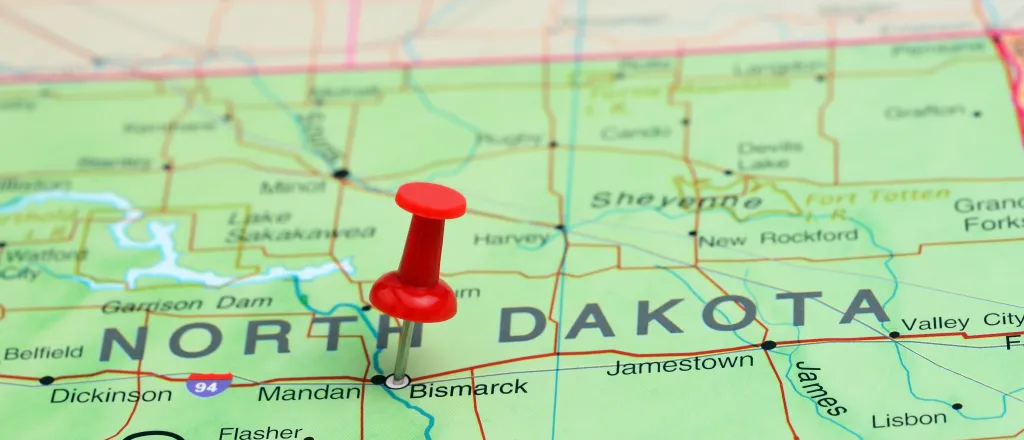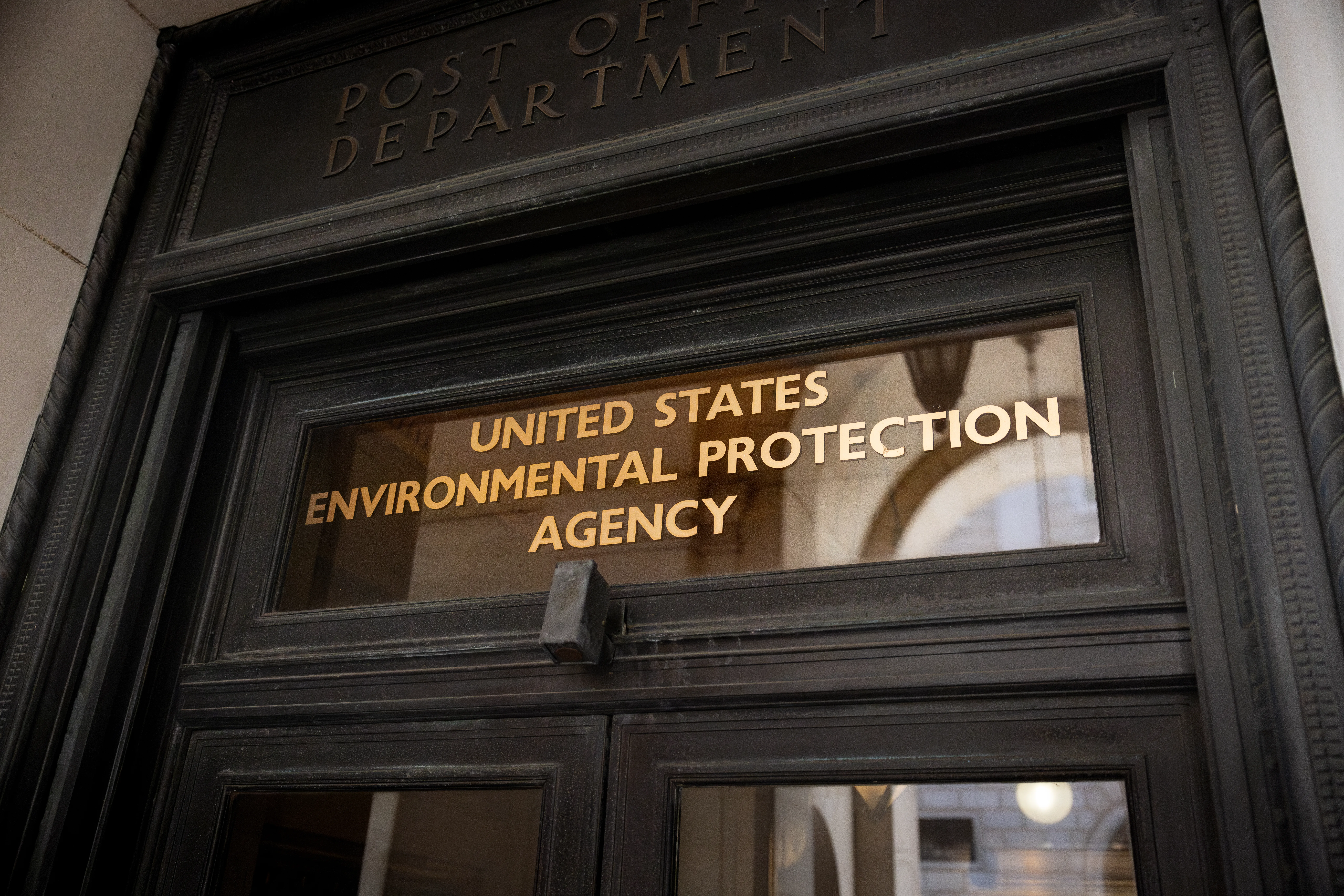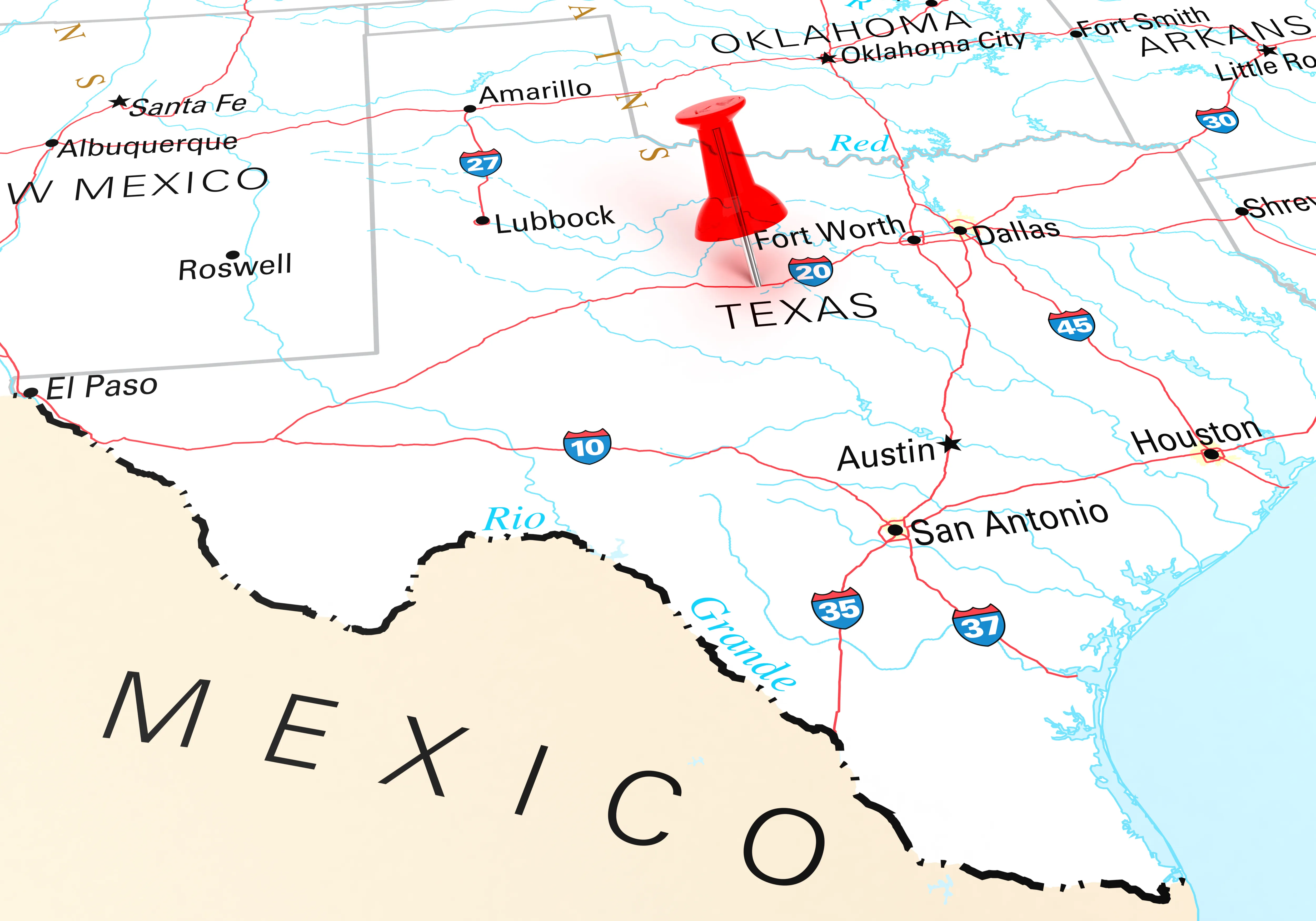
As carbon capture projects advance, North Dakota debates landowner protections
Click play to listen to this article.
A North Dakota legislative committee Thursday took up a trio of bills about landowners' rights as states in this region are eyed for carbon-capture projects.
The measures stem from public scrutiny of Summit Carbon Solutions' plans for a multistate pipeline in the Midwest, to capture ethanol plant emissions for underground storage in North Dakota. State regulators have signed off on it, but some landowners don't like the idea of signing land deals with the company.

Ann Bernhardt of Linton, who lives near the proposed route, provided testimony in favor of a bill to block developers of these projects from turning to "eminent domain."
"All we're asking for from our representatives is a little bit of protection," she said. "Just do what's right."
Eminent domain is a legal move where private property is forcefully turned over for public use, with compensation provided. Groups such as Dakota Resource Council have questioned whether a venture such as Summit's has a public benefit or is driven by corporate profit. The company has said voluntary agreements are the goal but added that these legal tools are needed for the state to take advantage of this technology.
Bernhardt countered that if concerns from landowners and other opponents are overblown, as the project backers imply, then Summit would have all the land agreements in place already.
"If it's a good project, if it's good for everybody," she said, "there's no need for eminent domain."
The company told lawmakers that so far it has agreements with more than 80 percent of affected landowners in North Dakota for the pipeline to go through their property.
Beyond landowner rights, other concerns include safety issues in the event of a pipeline rupture, and skeptics say this project is touted as an environmental aid but could be used to expand fossil-fuel production.
No action was taken Thursday, but Charlie Adams, Summit's agriculture and stakeholder relations manager, did urge the panel to maintain existing laws that define carbon pipelines as a "common carrier," meaning they transport commodities. He said revoking that status and restricting eminent domain would set North Dakota back.
"Without this law," he said, "there will be no additional development of CO2 projects."

















